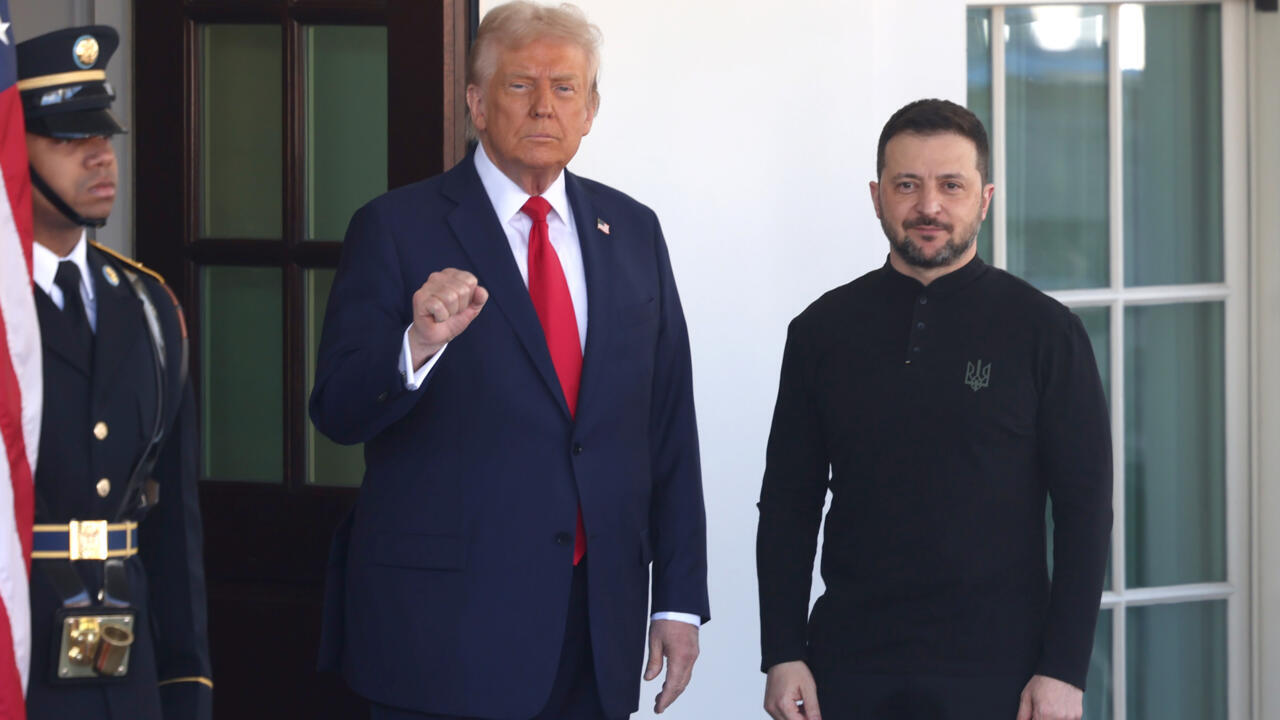The United States has put forth a 28-point peace plan for Ukraine, urging President Volodymyr Zelenskyy to agree to its terms by November 27. This proposal, developed in confidential talks between U.S. and Russian officials, asks Ukraine to make substantial concessions, including recognizing Russia’s occupation of Crimea, a point Kyiv has historically rejected. The U.S. has warned that not accepting the plan may result in decreased support, potentially jeopardizing Ukraine’s position in its conflict with Russia.
Zelenskyy has reinforced his dedication to Ukraine’s sovereignty and national interests, affirming he will not compromise the country’s principles. While he acknowledges the pressure for an agreement, he insists on the importance of maintaining Ukraine’s dignity. He has also highlighted the need for U.S. assurance of Russia’s genuine commitment to peace, recognizing that the U.S. has significant leverage to influence Moscow’s stance.
The proposal has ignited controversy, particularly regarding Crimea, as Ukraine insists it is an integral part of its territory. The U.S. has characterized the plan as a balanced approach aimed at resolving the ongoing conflict, but the demand for Ukraine to acknowledge Russian control over Crimea remains a contentious issue.
European leaders, including British Prime Minister Sir Keir Starmer, emphasize the necessity of U.S. security guarantees to prevent further Russian aggression, viewing it as essential for lasting peace. As the deadline looms, the international community is closely monitoring the situation, aware of the delicate interplay between diplomatic efforts and the need to uphold Ukraine’s sovereignty. The outcome of this proposal could significantly shape regional stability and international relations moving forward.












Is it fair for the US to pressure Ukraine on peace proposals? Maybe they should focus on supporting negotiations instead.
Is it just me, or does this whole situation between the US and Ukraine feel like a never-ending game of political chess?
Why is the US putting pressure on Ukraine for a peace proposal? Seems counterproductive. Need more transparency on this issue.
Why is the US interfering in Ukraines peace proposal? Dont they want peace or are there hidden agendas? #politics #controversial
Do you think the US is overstepping by threatening Ukraine over peace proposals? Or is it necessary for diplomacy? Lets discuss!
I dont understand why the US is making threats instead of supporting peace efforts in Ukraine. Its counterproductive and concerning.